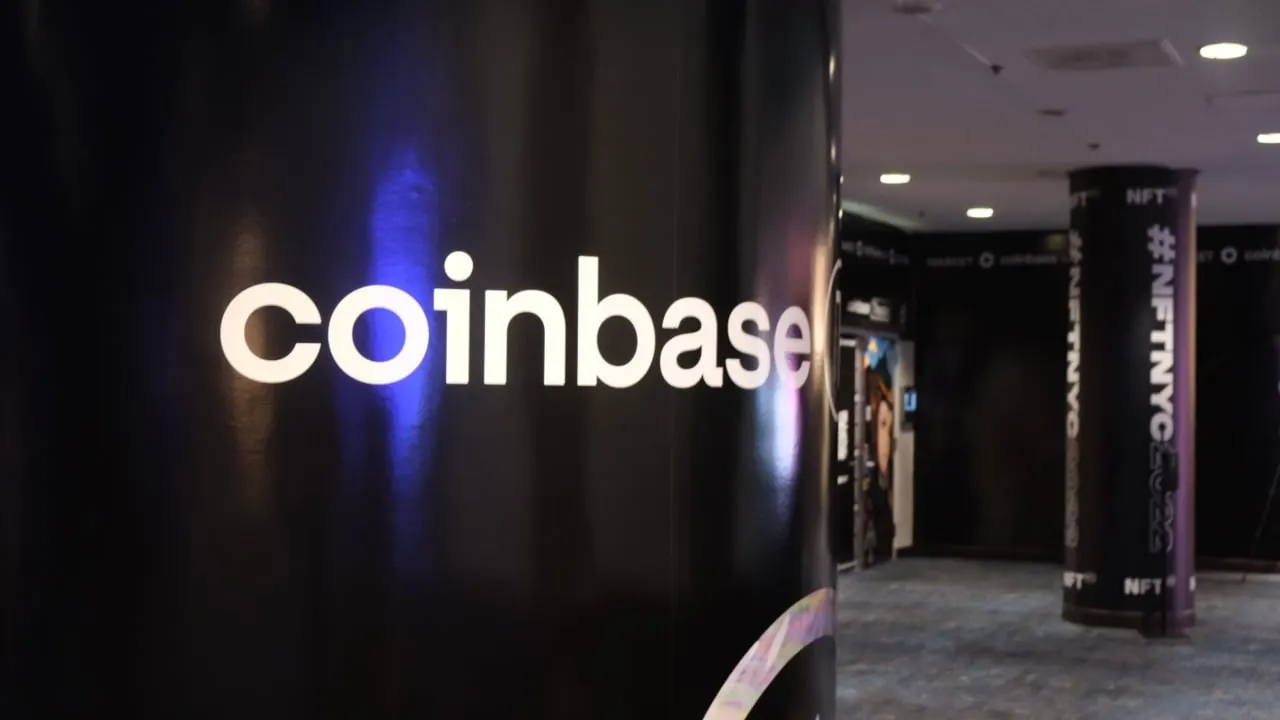Centre Consortium, which issues second-largest stablecoin USDC, has been dissolved as Coinbase acquires a minority share in Circle Internet Financial, according to a blog post from the company.
"Centre will no longer exist as a stand-alone entity and Circle will remain as the issuer of USDC, bringing any Centre governance and operations responsibilities in-house," Circle CEO Jeremy Allaire and Coinbase CEO Brian Armstrong said in a jointly-authored blog post. The announcement added that revenue from interest earned on the dollar reserves backing USDC tokens will continue to be shared between the two firms, but the split will now be equal.
USD Coin (USDC) stablecoin issuer Circle—the largest publicly traded crypto exchange—has always been linked to Coinbase through its consortium, a separate group set up to govern the U.S. dollar-pegged token. The consortium itself was founded by Coinbase and Circle in 2018. At the time, the consortium said that it welcomed "broad industry participation" and that it would introduce more USDC issuers.
Now Circle will be the only USDC issuer.
The blog post also said that USDC will launch on six new blockchains through the end of October—but without naming which networks. That will mean that USDC will be available on 15 different networks, according to the companies.
USDC has long been the second-largest stablecoin by market capitalization—just shy of $26 billion at the time of writing—behind Tether. Tether's USDT currently has an $83 billion market capitalization, according to Coingecko.
Stablecoins are typically backed by fiat reserves—in this case U.S. dollars. The tokens can be bought for $1 each and then redeemed for dollars later. Meanwhile, Circle holds onto the dollar reserves needed to redeem all USDC tokens in circulation. But the reserves aren't all cash. Stablecoins can also be backed by government notes, like Treasury Bills, which have seen yields rise as the Federal Reserve tries to combat inflation by raising interest rates.
Earlier this month, Coinbase reported Q2 earnings of over $700 million in revenue. In the run-up to those earnings, analysts pointed out that the way the company earns money has shifted dramatically since is 2021 IPO. During bear markets, when there tends to be less trading activity on its crypto exchange, the company sees revenue from trading fees dwindle. But because of its involvement in the Centre Consortium, Coinbase counted earned interest from USDC reserves as a sizable portion of its revenue.
Up until today's announcement, it's been unclear what kind of agreement the company had with Circle.
Editor's note: This article's headline was updated after publication to reflect the fact that while Coinbase has acquired shares in Circle it did not purchase them.

